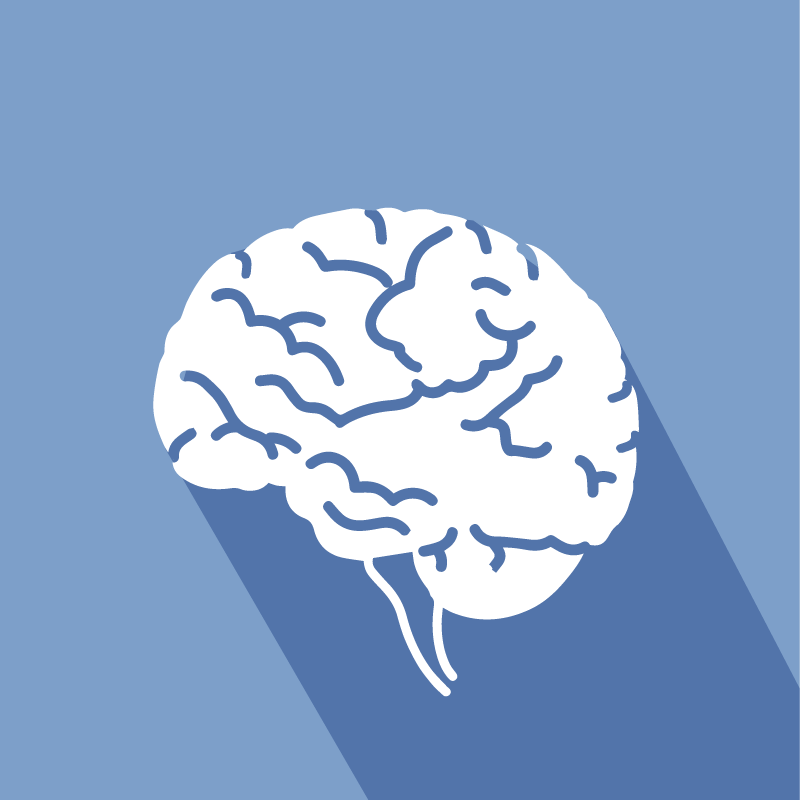
 Medical Specialties
Medical Specialties

Neurology
We are at your service to prevent, diagnose and treat several neurological diseases:
Cardiovascular risk. Arteriosclerosis.
Cerebrovascular disease or stroke.
 “I was getting ready for dinner when suddenly I felt things dropping from my hand, my leg failed and I could hardly speak. Within 20 minutes I began to recover. Still, we decided to go to hospital. The doctors told me I had to be admitted with the suspected diagnosis of a stroke”.
Cerebrovascular disease or stroke occurs as a result of a disturbance of the cerebral circulation.
“I was getting ready for dinner when suddenly I felt things dropping from my hand, my leg failed and I could hardly speak. Within 20 minutes I began to recover. Still, we decided to go to hospital. The doctors told me I had to be admitted with the suspected diagnosis of a stroke”.
Cerebrovascular disease or stroke occurs as a result of a disturbance of the cerebral circulation.There are different types of stroke:
- Ischemic stroke or “embolism”.
- Transient ischemic attack (TIA). There is a transient impairmente of blood circulation causin transient symptoms followed by a full recovery.
- Cerebral infarction. When there is a complete blockage of the artery, neuronal death occurs and symptoms may persist.
- Haemorrhagic stroke or “stroke”. Occurs when there is a rupture of a cerebral blood vessel.
What are the symptoms?
Depending on the area of the brain affected, we may note:
- Loss of strength or coordination of an arm or leg.
- Loss of sensation or tingling in the face, arm or leg.
- Slurred speech.
- Loss of vision or double vision.
Seek medical helps if symptoms appear.
Learn more
How a stroke diagnosed?
It is diagnosed by patient symptoms and the neurological examination together with teh following tests:
- Blood test. It can detect coagulation disorders.
- Electrocardiogram, echocardiogram, 24-hour ECG. . They are useful to rule out heart disease or arrhythmias that can cause stroke.
- Computed Tomography (CT) scan and magnetic resonance imaging (MRI) scan. They allow imaging studies of the brain. The cranial CT may be normal during the first hours.
- Eco Doppler, Angio-MRI, Angio-CT are used to identify blood flow obstructions in the brain arteries and carotid arteries.
How is stroke treated?
- Intravenous or intraarterial thrombolytic therapy. These treatments can only be administered during the first hours after stroke has begun. The aim is to restore the cerebral circulation as soon as possible.
- After the acute phase of stroke the aim will be to prevent further episodes. These will be achieved through:
- Good control of vascular risk factors.
- Antiplatelet drugs (Eg aspirin).
- Anticoagulants (Eg Sintrom).
What are the main risk factors for having a stroke?
- Hypertension
- High cholesterol
- Diabetes mellitus
- Smoking
- Heart disease and arrhythmias
- Elderly patients
- Genetic factors
Vascular cognitive impairment
 “I am 75 years old and in the last year I have had many episodes of confusion. I do not recall things. I do not remember where I left the keys, how to go home … My family is worried. What can I do ?. Can memory loss be recovered?”
The vascular cognitive impairment and vascular dementia occur as a result of the accumulation of ischemic or hemorrhagic cerebral vascular lesions. Vascular dementia is the second most common cause of dementia after Alzheimer’s disease.
“I am 75 years old and in the last year I have had many episodes of confusion. I do not recall things. I do not remember where I left the keys, how to go home … My family is worried. What can I do ?. Can memory loss be recovered?”
The vascular cognitive impairment and vascular dementia occur as a result of the accumulation of ischemic or hemorrhagic cerebral vascular lesions. Vascular dementia is the second most common cause of dementia after Alzheimer’s disease.
- Vascular cognitive impairment causes memory loss and deterioration of intellectual abilities in a milder degree.
- In vascular dementia, loss of memory and other intellectual functions can affect activities of the daily living of the individual. In addition there may be alterations of character or behavior.
Seek medical advice as soon as symptoms of memory loss begin.
Learn more
How vascular cognitive impairment or dementia diagnosed?
Interview with the patient and family is crucial to make a proper diagnosis.
You can perform the following examinations:
- Blood tests.
- Cranial CT scan or MRI brain scan. We identify images of ischemic brain injury or bleeding.
- Neuropsychological Tests. They help us to evaluate and quantify the memory and intellectual abilities of the individual.
- SPECT or PET brain. They can help rule out other causes of dementia.
What is the treatment?
Until now, treatment of cognitive impairment and vascular dementia include:
- Good control of vascular risk factors.
- In some cases acetylcholinesterase inhibitors (also used in Alzheimer’s disease).
- Antiplatelet drugs (Eg aspirin).




